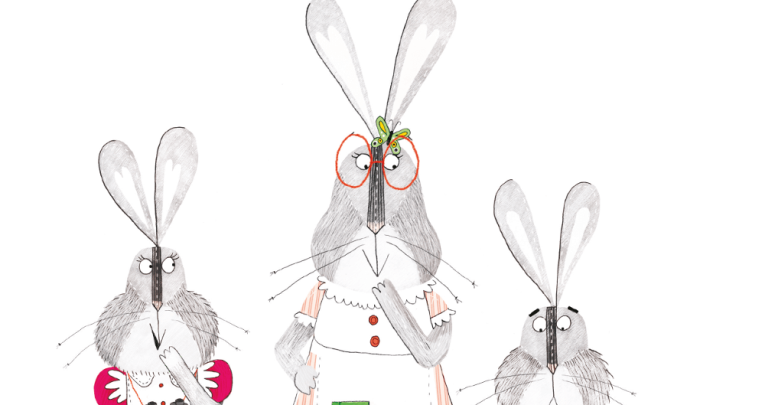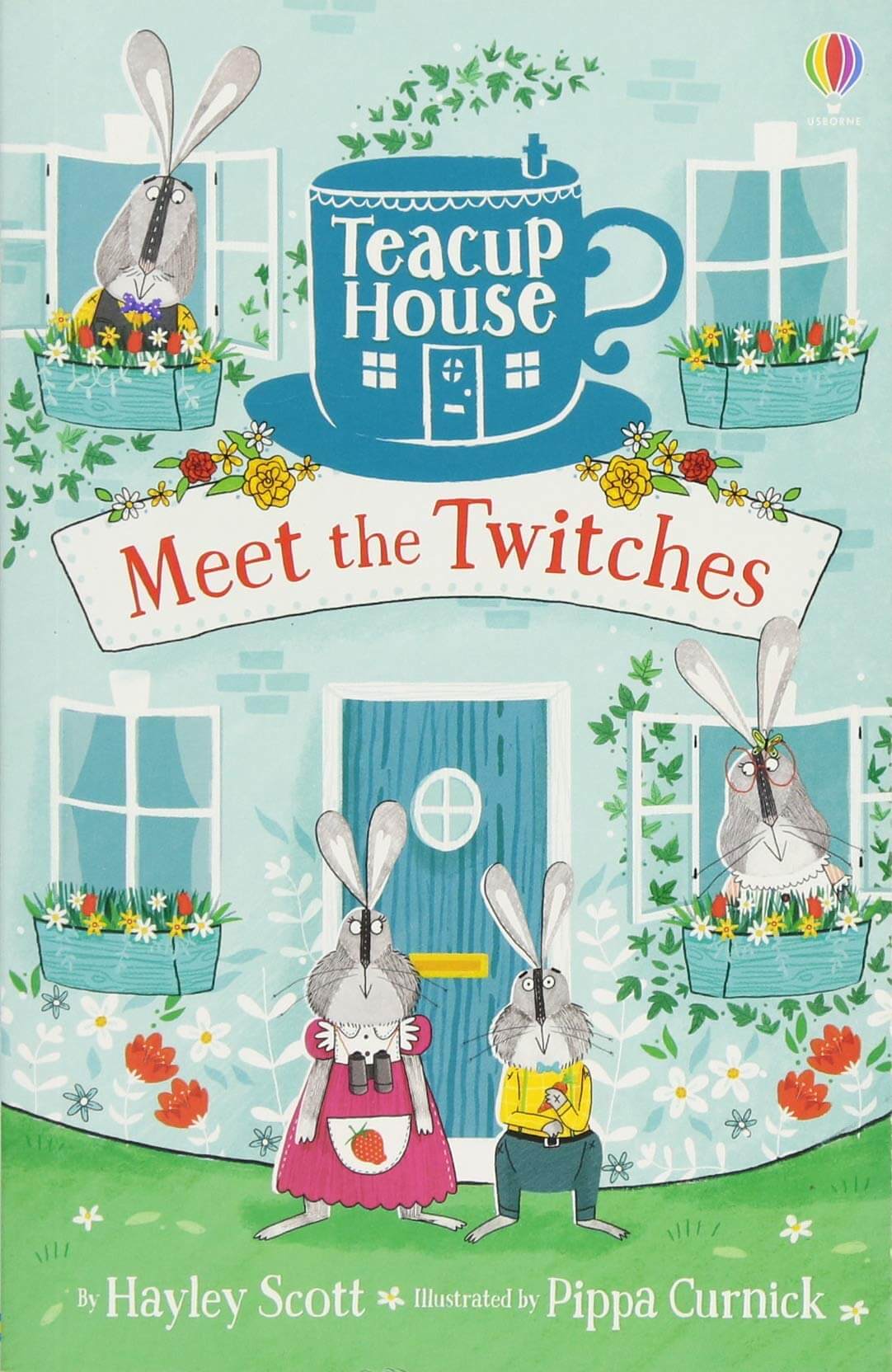You Don’t Always Need a Book to Get Children Hooked on Storytelling

Even in a house with no books, there are always stories waiting to be discovered and shared, says Hayley Scott…

- by Hayley Scott

When I was a child, my mum’s storytelling was the best part of the day; every day. She’d put on silly voices, and we would laugh raucously, or sniffle at the sad bits, or cry.
By the time I started school, books were already my passion, and reading and writing seemed to follow with ease. I didn’t know about clauses/participles or any of those things. But, I knew them.
It was a joke I told, but also true, that when I found out I was expecting my own daughter the very first thing I did – before thoughts of cots, or babygrows, or anything – was rush onto eBay and buy up copies of the Ladybird Well Loved Tales from my childhood.
I had no idea about the practicalities of being a mother, but I knew that the starting point would be books.
So, in those first months of my daughter’s life I read to her. I read her Shakespeare. I read her Ovid. I read her Willa Cather’s My Antonia, Mrs Frisby and the Rats of Nimh, Harry Potter, TS Eliot, Watership Down, Anne of Green Gables…
I had a feeling in my gut that there was no such thing as reading too much or too early to a child. That this was a fact. And I stand by this.
Can you believe it?
But, as she got older and I was out doing supply teaching in infant and primary schools, I realised something else – I take books for granted. I’ve had them in my life so long, that I presume everybody else has, too.
I’ve even had that conversation, which seems so embarrassingly sneery to me now: ‘Can you believe some people don’t have books in their house…?’ The idea that this is an active choice, made by people who just don’t care!
Teachers confront this all the time. Some children rush in having read books over the weekend. Others don’t. The disparity between these two very different worlds, and how to nurture literacy for every kind of pupil, is a daily issue.
Of course more books would help; but when Every Child genuinely Matters, it’s important to work with what is there, not what isn’t.
And what’s there, always, are stories.
‘Tell me something that happened…’; ‘What’s your walk to school like?’; ‘What would be the first thing you’d do if you were really, really small?’
The reality is some homes don’t have books. Some children don’t have books. But to imagine these children, and these homes, don’t have stories is to do them a great disservice.
And to assume that these stories can’t be spoken, and shared, and written, and used as a springboard to other stories, is reductive and harmful. Teachers know this; although policy often doesn’t.
Someone like you
When I started writing the Teacup House books I couldn’t stop thinking of a question my daughter asked me: ‘Why aren’t there many books for people like us? About a girl. Who lives with her mum. And still sees her dad? And whose mum and dad get on? And that’s just how it is, not all the story?’
It was a good question.
There I was, a new mother with a literature degree and my first novel for adults about to come out, reading all those books; but how many of them were written by POC, LGBTQ or disabled writers, or had stories with those characters in? One, two, three at most?
Those books are out there; why hadn’t I looked harder for them? There are plenty of children who don’t see themselves in books, and therefore don’t see books as for them.
We all need to seek out and share stories with characters from different backgrounds, families, experience. We need to give each child the chance to understand that their story matters.
Maybe, we shouldn’t be asking, ‘Where are the books?’ at all. Maybe we have to start with, ‘Where are the stories?’ There are always plenty of those. And then the books will come.

 Hayley Scott’s first book in the Teacup House series, Meet the Twitches, is available from Usborne.
Hayley Scott’s first book in the Teacup House series, Meet the Twitches, is available from Usborne.









